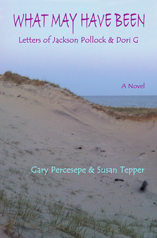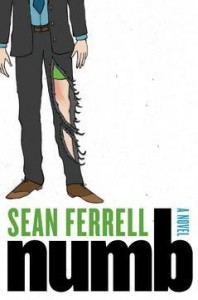 Jane Hammons has taught writing for a really long time and is a recipient of a Distinguished Teaching Award from UC Berkeley, something she’s proud of. She’s also been writing for a really long time. Her fiction and nonfiction have appeared in a variety of places: Alaska Quarterly Review, A Twist of Noir, Crimespree Magazine, decomP, JMWW, Southwestern American Literature, and Word Riot, as well as Brain Child, Columbia Journalism Review and San Francisco Chronicle Magazine.
Jane Hammons has taught writing for a really long time and is a recipient of a Distinguished Teaching Award from UC Berkeley, something she’s proud of. She’s also been writing for a really long time. Her fiction and nonfiction have appeared in a variety of places: Alaska Quarterly Review, A Twist of Noir, Crimespree Magazine, decomP, JMWW, Southwestern American Literature, and Word Riot, as well as Brain Child, Columbia Journalism Review and San Francisco Chronicle Magazine.
Q (Meg Pokrass): What story or book do you feel closest to?
There have been times in my life when I’ve put certain books by my bedside not because I’m reading them, but because I want to sleep near them, hoping to dream elements of them into my writing. That sounds a little weird as I say it and is perhaps more literal than you intend. Alice Munro’s The Beggar Maid; Denis Johnson’s Jesus’s Son; James Joyce’s Dubliners; Doris Lessing’s The Grass is Singing–all collections of short stories that at different times I have loved for different reasons. My touchstone is Larry McMurtry’s Moving On, not one of his better-known novels. I’m from the Southwest, and when I began writing, there were not a lot of writers that affirmed for me that as a place the Southwest could be as interesting as New York or California or The South. It has plenty of cultural cachet now, but that wasn’t always true.
Do you have a mentor? Do you yourself mentor?
My first mentors were my mother and her mother. Neither of them write, but they were interested in the fact that I was writing, and also in the act of writing. When I was a little kid, they gave me time and space to write in. And a typewriter. Several years ago when he was the fiction editor for Taint Magazine, Michael Kimball read a story of mine in Alaska Quarterly Review and asked me to send a story to Taint. The one I sent him, “Party Line” (which is posted at Fictionaut), he eventually published after working over the telephone and online with me. He also edited a couple of other stories that I published there, always patient and encouraging. He might be surprised to know that I think of him as a mentor, or that I saw that as mentoring, but he’s a fantastic editor as well as writer, and I learned a lot in the couple of years that I was sending him stories. I’ve taught writing–mainly composition at different levels–for a very long time, and over the years there have been some students I’ve stayed in touch with and tried to support in their writing, but I don’t know that I’ve actually mentored anyone.
How do you stay creative? What are your tricks to get “unstuck”?
I have no tricks. I just write all the time. Or I don’t. I have quit writing for fairly long periods of time. During those times the absence of writing becomes a huge and uncomfortable presence. And then I start again. I guess I’m fortunate to have a zillion unfinished stories and a few unfinished novels to mine for short pieces.
What are your favorite websites?
For writing: Writer Unboxed. The Millions. Fictionaut, of course. HTMLGIANT. I’m also kind of a news addict and take a lot of inspiration for stories from history and current events: AlterNet, Columbia Journalism Review, The American Prospect, Nieman Reports
What is happening now that you would like to share in your writing world?
I’m looking forward to the publication of Hint Fiction: An Anthology of Stories in 25 Words or Fewer, edited by Robert Swartwood and due out from W. W. Norton sometime in November. I’ll be in there with some other Fictionaut writers like David Erlewine, Kathleen Ryan, and Jenn Alandy (and probably some I don’t know or have left out). We’ll be rubbing shoulders with the likes of Joyce Carol Oates, Ha Jin, Stuart Dybek, Ron Carlson, and Tess Gerritsen, which I think is cool. In mid-October, I’m attending Bouchercon By the Bay, a convention for mystery and crime writers, being held this year in San Francisco. I’ve always read a lot of noir and crime fiction, but only recently started writing it.
How has your ongoing experience as a writing teacher changed your own writing, if it has? I’d love it if you would talk a bit about working with a large cross section of students like you clearly have?
At this point in my life, it is hard to separate writing from teaching writing. I know a lot of people feel that teaching is a drag on writing, and I do, too, some days when I’d rather be writing than prepping for class or reading student essays. But I’ve learned so much about writing by teaching it. As a teacher, I have to constantly articulate–some times in a variety of ways–why a sentence doesn’t sound right, or why one word might work better than another in a way that I don’t have to as a writer. So while I’m clarifying for students, I’m also clarifying for myself. And there is really nothing better than showing people who don’t think they can write that they can, that it can be learned and that every writer can always be a better writer. I also have a lot of very bright accomplished students who energize me and open my eyes to new ways of thinking about writing as well as the things we read together. Teaching keeps me honest. I can very quickly feel like a fraud if I’m not walking the walk, so to speak, in my own writing.
What other career would you have chosen? If you could clone yourself, what would you choose to explore that is not writing-specific?
I’m really interested in documentary work. Some of that involves writing, but documentary photography and film are something I’d love to try my hand at. Since Kodachrome film will no longer be developed after the end of this year, I may actually have to learn how to develop film. I love my digital camera, but I love film cameras more.
Do you have anything you’d care to share about your experience with Fictionaut?
Fictionaut is the only writer’s site I belong to where the main purpose is to post writing, read, and comment. Other sites provide different things, places to blog, for example and to communicate with other writers about marketing or conferences. It is interesting to get to know people, in a way, through their writing and the back and forth that happens in the commenting. The act of writing and inviting others to read and comment is an intimate one, I think, and Fictionaut is kind of magic in the way it supports and cultivates that intimacy. Magic. I guess that’s the difference.
The Fictionaut Five is our ongoing series of interviews with Fictionaut authors. Every Wednesday, Meg Pokrass asks a writer five (or more) questions. Meg is an editor at Smokelong Quarterly, and her stories and poems have been published widely. She blogs at http://megpokrass.com.

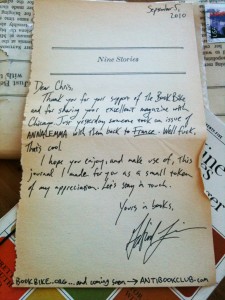
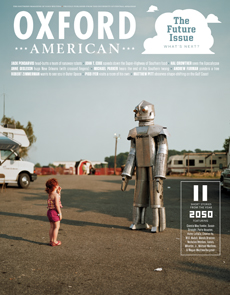
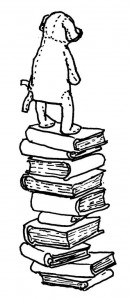


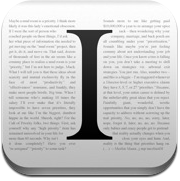 Password Incorrect
Password Incorrect
